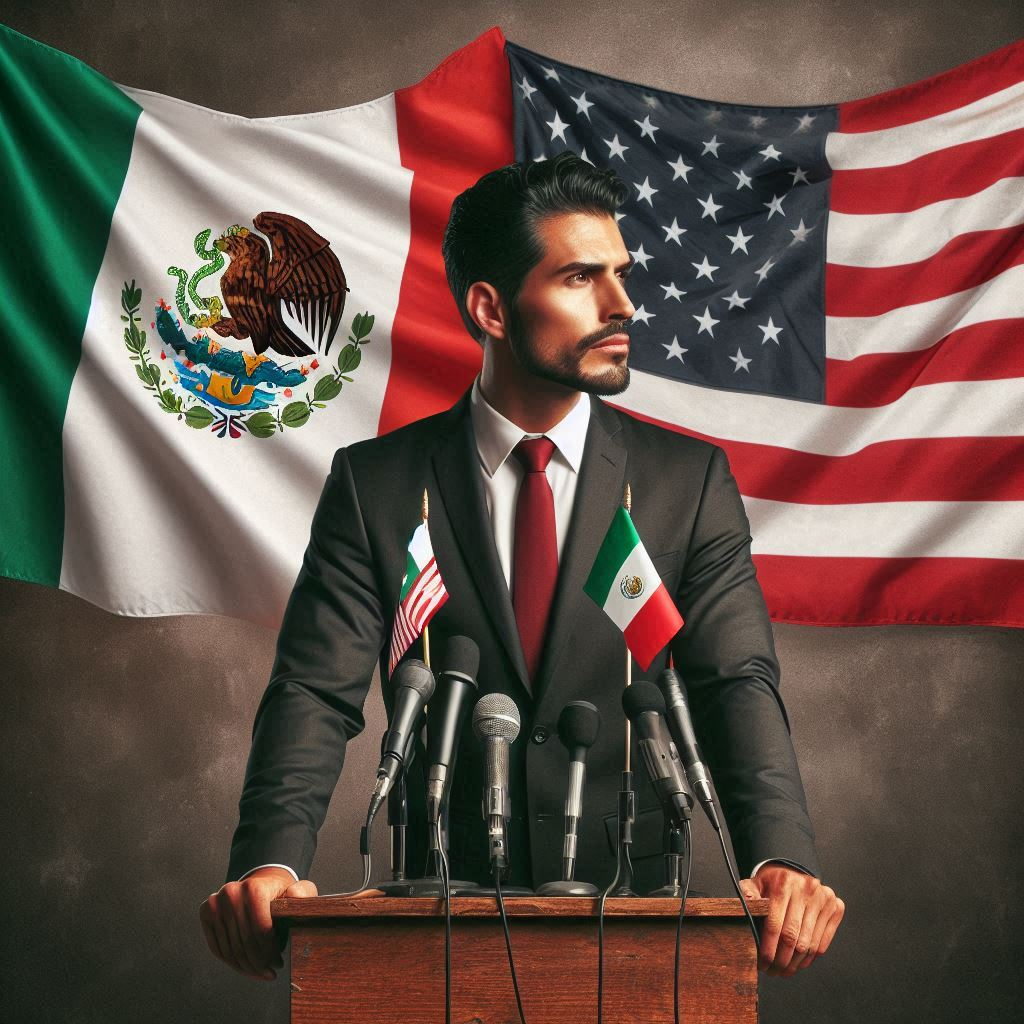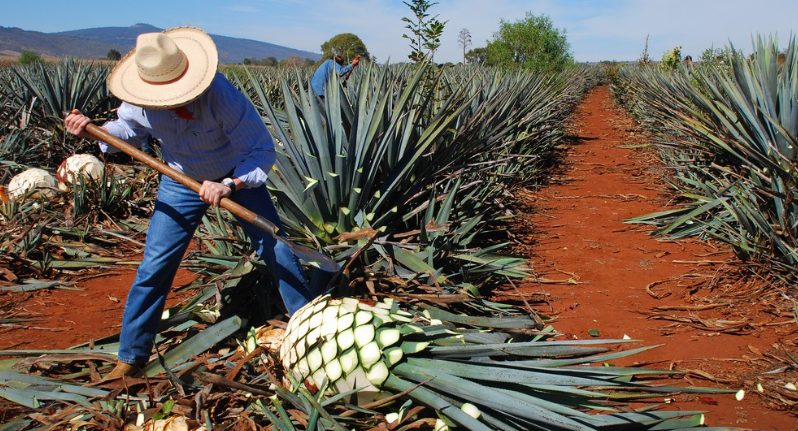As Mexican Americans, it is crucial that we take an active role in the political landscape of Mexico. Whether we hold dual citizenship or have strong ties to our ancestral homeland, our participation can significantly impact the future of Mexico. With the country currently undergoing judicial reform to combat corruption in the legal system, now more than ever, Mexico needs all the support it can get. In this post, we will explore why Mexican Americans should be more involved in Mexican politics and how their engagement can lead to positive change.
One of the most tangible ways for Mexican Americans to be involved in Mexican politics is through voting. If you hold dual citizenship, it is your right and responsibility to participate in elections in both countries. By casting your vote in Mexico, you are contributing to shaping the future of your ancestral homeland. Your voice matters, and each ballot counts towards building a better and more equitable society for all Mexicans.
Furthermore, being informed about current events and issues affecting Mexico is essential for effective political participation. Stay updated on news from Mexico through reputable sources and engage in discussions with fellow community members. By understanding the challenges facing the country, you can advocate for policies that promote justice, equality, and transparency in government.
In addition to voting and staying informed, Mexican Americans can also support grassroots movements and organizations working towards positive change in Mexico. Whether it’s donating to a cause, volunteering your time, or spreading awareness on social media, every action makes a difference. By supporting initiatives that aim to end corruption and improve governance in Mexico, you are contributing to a brighter future for all Mexicans.
In conclusion, Mexican Americans have a unique opportunity—and indeed, a responsibility—to actively engage in Mexico’s political landscape, driving meaningful change and supporting ongoing efforts for reform and justice. By taking an active role, they can influence policy decisions that shape the future of both nations. Staying involved ensures that their voices are heard, their values upheld, and their interests protected. If they choose not to participate, they risk ceding this vital influence, allowing external forces, such as the U.S. government, to make those critical decisions for them. Now is the time to be involved, empowered, and engaged.

